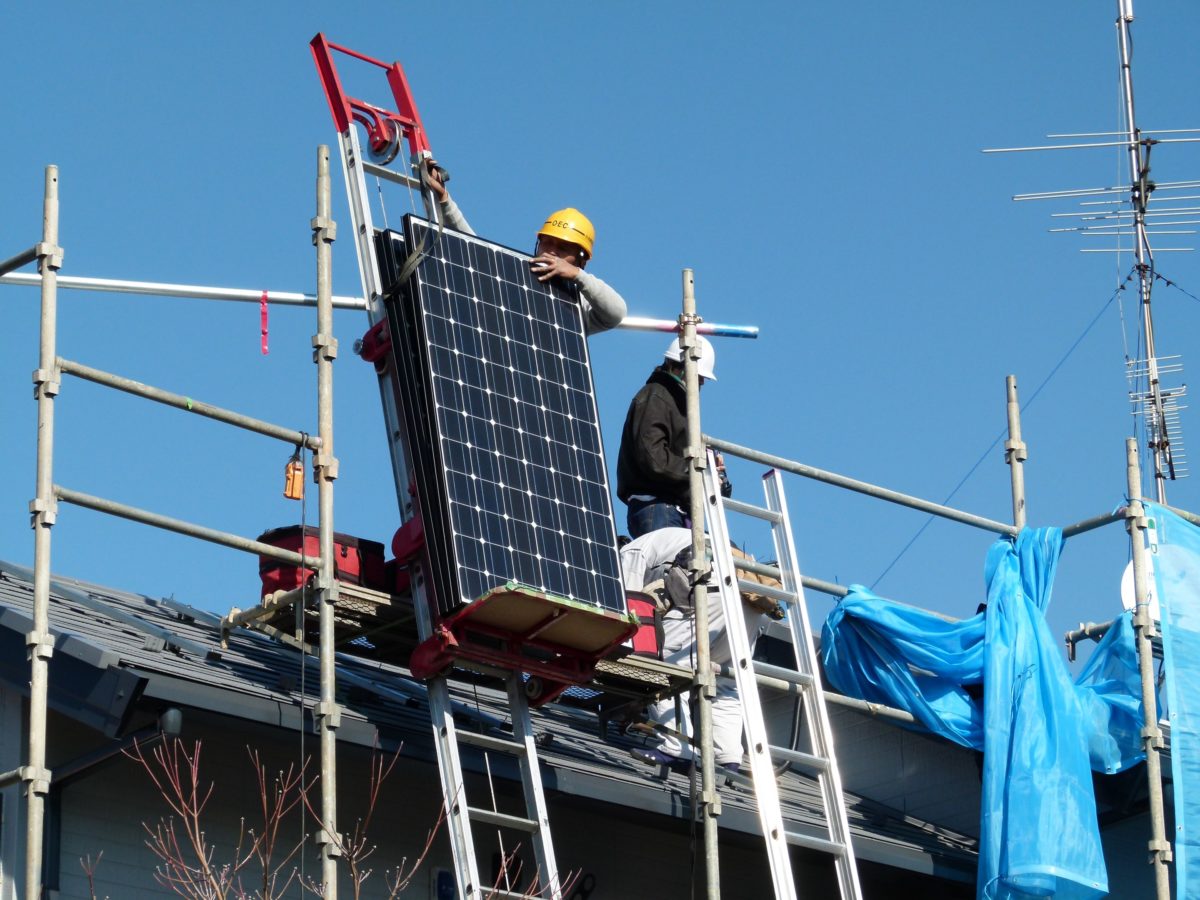With the U.K. government considering raising tax rates on residential solar and storage installations, trade body the Renewable Energy Association (REA) has told pv magazine one of the crucial criteria related to the proposed change appears to be an “arbitrary figure”.
U.K. tax authority the HMRC (Her Majesty’s Revenue and Customs) is proposing raising the rate of value added tax (VAT) applied to the non-labor costs of solar, battery storage and other residential clean energy technologies – described as “energy saving materials”.
Such domestic systems currently pay a discounted VAT rate of 5% but HMRC has proposed raising payment to the full 20% VAT rate for the non-labor costs of some systems, after the European Court of Justice (ECJ) ruled discounted VAT rates were being applied too widely in the U.K.
With residents aged over 60 exempted from the proposed rise – along with buildings “used solely for a relevant residential purpose” which an REA spokeswoman said related to accommodation for vulnerable residents – a central plank of the suggested VAT rise also exempts systems in which components make up less than 60% of installation costs.
REA response to the proposal
That 60% threshhold would ensure residential solar arrays and any associated battery storage – as well as biomass boilers – would be hit by the proposed 15% VAT rise on non-labor costs.
The REA’s Mark Sommerfeld told pv magazine there was nothing in the ECJ ruling that related to the proportion of costs components must make up to qualify for discounted VAT.
“The 60% itself is a fairly arbitrary figure that doesn’t relate to the ECJ ruling,” said Sommerfeld. “We're saying, if you need a threshhold and need to follow the ECJ ruling, the way to do it without impacting low carbon technologies is to make sure that threshhold is appropriate. For us, an 80% figure would be a much more suitable level. Sixty per cent seems to be a figure the U.K. government has come up with.”
The REA’s response to the HMRC consultation – which took the industry by surprise when it was opened on April 8 and which closed on Friday – recommends raising the component value threshhold to 80%, although Sommerfeld conceded it would then be down to the ECJ to determine whether such a level would be deemed acceptable.
With coal used for home heating still qualifying for a discounted 5% VAT rate in the United Kingdom, the timing of the HMRC consultation was particularly awkward for a nation which followed Wales’ lead to last week become the second parliament in the world to declare a climate emergency.
However, the REA’s Sommerfeld was skeptical about the suggestion the consultation was a political exercise to stir up more opposition to the EU among government ministers who show little sign of being willing to embrace the Brexit deal negotiated by prime minister Theresa May.
An effort to align U.K. and EU rules
“That is not my reading of the situation,” Sommerfeld told pv magazine. “It’s impossible to give any definitive answer on that as no minister would confirm that, but I think – and this is my personal reading of the situation, having spoken to civil servants – that this is the U.K. trying to make sure that they are in line as much as possible with EU rulings before Brexit day, because anything we’re not in line with could affect future negotiations.
“The timing is troubling though. This was effectively dealt with and fought off back in 2015 and 2016, and there was a fairly strong ministerial statement then that the U.K. did not want to raise VAT on energy saving materials.”
Once HMRC has made a decision on the VAT proposal, the draft statutory instrument will pass through parliamentary committees before entering into law from October 1.
With the U.K. government having closed its solar FIT program on April Fools Day (April 1), tax continues to be a thorny issue for the renewable energy industry. The U.K. Solar Trade Association has persistently petitioned the government to amend a business rates regime it says disincentivizes solar. Under the current rules, any PV system added to commercial premises raises the rentable value of the building and therefore the level of business rates paid.
This content is protected by copyright and may not be reused. If you want to cooperate with us and would like to reuse some of our content, please contact: editors@pv-magazine.com.




Reality is often disappointing …